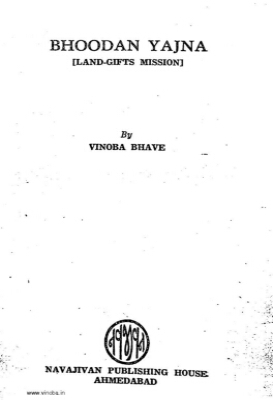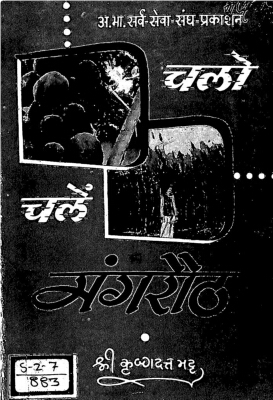Showing 61–90 of 403 results
Byways in British Archaeology
Originally published in 1912, this volume provides a detailed and enthusiastically written history of Britain's churches and their churchyards. With particular emphasis on the concept of 'folk memory', a diminishing means of recalling and understanding the past, Johnson's study looks at material archaeological discoveries whilst also addressing the significance of place names, site orientation, folktales and pagan prehistory. In this well-illustrated and informative work, Johnson's extensive research navigates the complexities of Britain's religious past, producing a series of fascinating interrelated arguments. Johnson addresses numerous topics, including the construction of churches on pagan sites, the churchyard yew and the survival of past rituals within burial customs. This book provides a detailed and far-reaching investigation of the archaeology and architecture of hundreds of churches across England and Wales, and will be enjoyed by anybody with an interest in British archaeology, or the histories of British churches and Christian traditions.
Ceremonies of the Pomo Indians and Pomo Bear Doctors 1917
1917. These essays were originally published by the University of California Publications in American Archeology and Ethnology. During a residence in the Pomo region the existing vestiges of some of these Pomo ceremonies were observed whenever possible. Some information was obtained from informants of three Pomo dialects, Northern, Central and Eastern. In Ceremonies, Mr. Barrett presents information relative to the ceremonial organization, ghost or devil ceremony, Guksu ceremony, dances and the Messiah Cult. Bear Doctors is a dissertation surrounding one of the most concrete and persistent convictions of the Indians of a large part of California in the belief of the existence of persons of magic power able to turn themselves into grizzly bears.
Chains and Freedom: Or, the Life and Adventures of Peter Wheeler, a Colored Man Yet Living. A Slave in Chains, a Sailor on the Deep, and a Sinner at the Cross
LARGE PRINT EDITION THE following Narrative was taken entirely from the lips of Peter Wheeler. I have in all instances given his own language, and faithfully recorded his story as he told it, without any change whatever. There are many astonishing facts related in this book, and before the reader finishes it, he will at least feel that "Truth is stranger than fiction." But the truth of everything here stated can be relied on. The subject of this story is well known to the author, who for a long time brake unto him "the bread of life," as a brother in Christ, and beloved for the Redeemer's sake. There are, likewise, hundreds of living witnesses, who have for many years been acquainted with the man, and aware of the incidents here recorded, who cherish perfect confidence in his veracity. He has many times, for many years, related the same facts, to many persons, in the same language verbatim; and individuals to whom the author has read some of the following incidents, have recognized the story and language, as they heard them from the hero's lips long before the author ever heard his name. There are also persons yet living, whom I have seen and known, who witnessed many of Peter's most awful sufferings. Of course, the book lays no claim to the merit of literature, and will not be reviewed as such; but it does claim the merit of strict veity, which is no mean characteristic in a book, in these days. The subject, and the author, have but one object in view in bringing the book before the public: ,a mutual desire to contribute as far as they can, to the freedom of enchained millions for whom Christ died. And if any heart may be made to feel one emotion of benevolence, and lift up a more earnest cry to God for the suffering slave; if one generous impulse may be awakened in a slaveholder's bosom towards his fellow traveller to God's bar, whose crime is, in being "born with a skin not coloured like his own;" and if it may inspire in the youthful mind, the spirit of that sweet verse, consecrated by the hallowed associations of a New-England home, "I was not born a little slave To labour in the sun, And wish I were but in my grave, And all my labor done." it will not be in vain. That it may hasten that glorious consummation which we know is fast approaching, when slavery shall be known only in the story of past time, is the earnest prayer of the
Change in the Village
A massive influx of wealth and the emergence of a new class of nouveau riche industrialists and tycoons began to change the social structure of Britain in the early twentieth century. George Sturt, a craftsman and writer, documents the transition in this insightful series of essays on the changes that began to transpire in his own small village during the period, upending hundreds of years of tradition in the process.




























